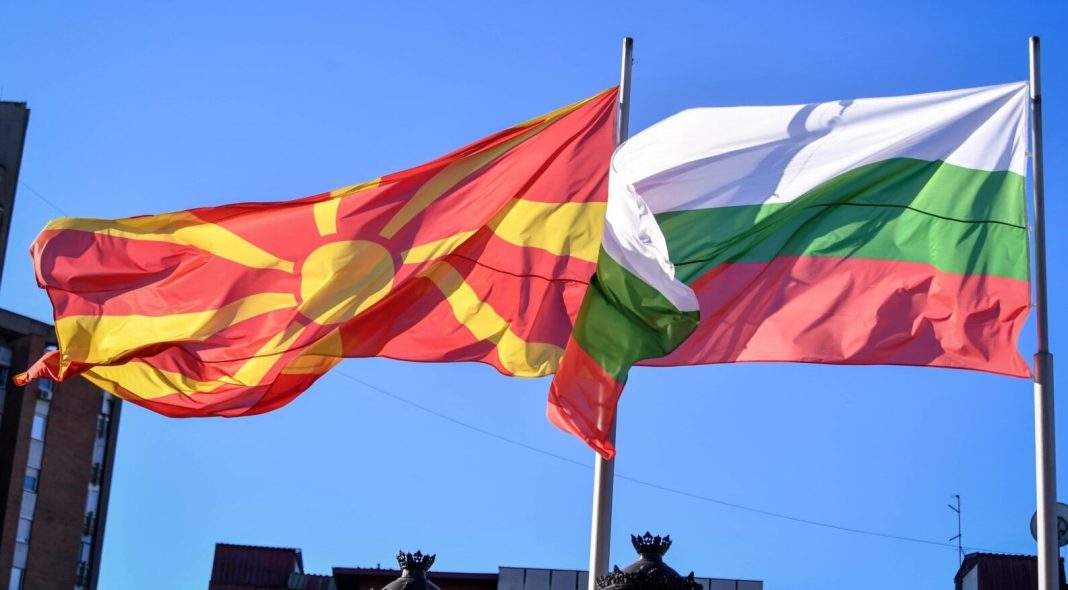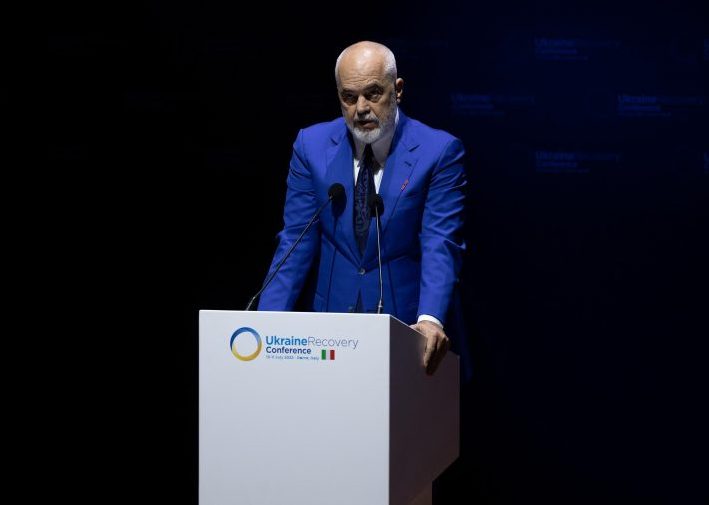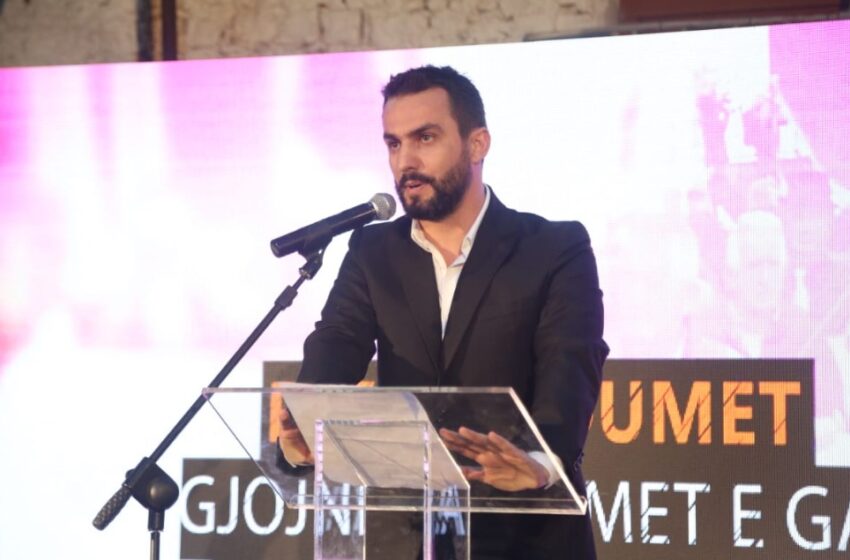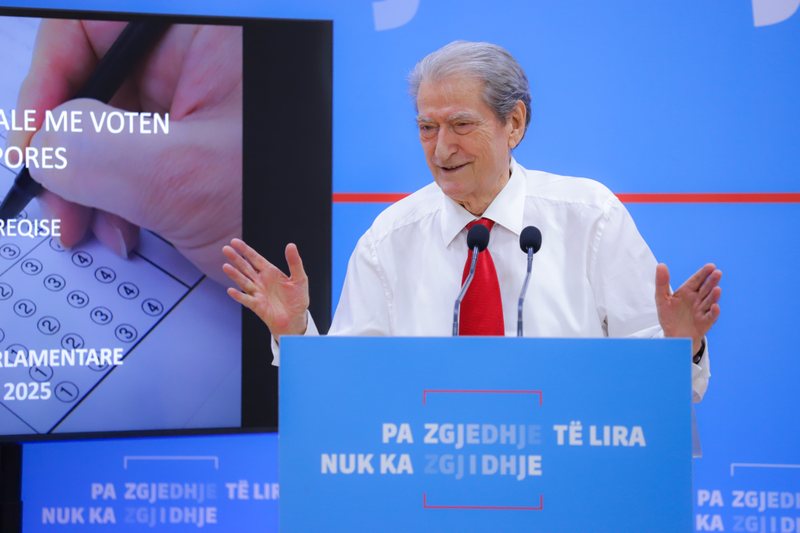Albania’s census fuels further tension between North Macedonia and Bulgaria

On Thursday, North Macedonia’s Prime Minister Hristijan Mickoski commented on the results of Albanian national census. He stated that “Bulgarian propaganda in Albania has filled the vacuum left by the former North Macedonian government,” and accused Bulgaria of an “assimilationist policy” that not only “impacts Macedonians, but also affects a significant Bulgarian population in Albania, which is three times larger than that in North Macedonia. Given this, it would be intriguing to see if they (Bulgarians in Albania) will seek constitutional recognition, particularly as the local Albanians (in North Macedonia) are advocating for the same. Otherwise, I fail to see how it makes sense,” Mickoski said.
Why is this relevant
The controversy surrounding the size of Macedonian and Bulgarian minorities in Albania exacerbates the Macedonian-Bulgarian identity dispute, which has hindered North Macedonia’s progress on EU accession negotiations.
Context
According to Albania’s 2023 census data, 7,057 Albanian citizens identified themselves as belonging to the Bulgarian ethnicity and 2,281 as belonging to the Macedonian ethnic group.
In the previous census in 2011, the number of Albanian citizens who identified themselves as Macedonian was 5,512. The Bulgarian minority in Albania was recognized for the first time by the Law on the Protection of National Minorities in 2017.
For the first time in history, Albania collected census data on national minorities in accordance with the principle of self-identification. The previous census in 2011 was governed by legal provisions that included fines for incorrect responses to the questionnaire and stipulated that a reply would be considered incorrect if it did not correspond with the data contained in the civil registry. In 2011, the registry was considered by the Council of Europe as ‘an unreliable source of information,’ and the legal provisions on incorrect responses were deemed ‘not compatible with the principles of free self-identification of persons belonging to national minorities,’ as provided by Article 3 of the Framework Convention on National Minorities.
In 2023, the census question on ethno-cultural affiliation was based on free self-identification. The question offered ten predefined options, including Albanian and the nine ethnic minorities recognized by Albania’s 2017 Law on the Protection of National Minorities.


